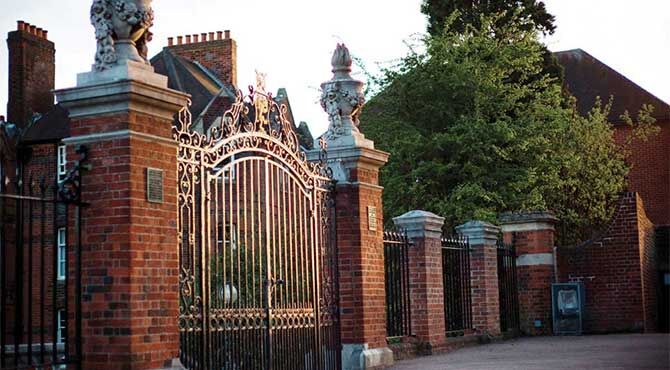How can you choose the right senior school for your child?
Choosing a new school is a difficult decision for any family to make. Alison Fleming of Newton Prep school explains the importance of starting early and provides tips to help you make the right choice.


Practical steps in choosing the right senior school
“Get started early,” counselled Ms Fleming. “Websites provide an excellent indication of the school’s ethos and priorities and are useful for general fact-finding. This is where you will find important information such as the school’s admissions criteria. Reading the school inspection report (either ISI or Ofsted) will also provide useful information for comparison.”Be realistic about the fees that you are prepared to pay (for each child) and remember to allow for an annual percentage growth in costs. This will then enable you to tailor your choices.“Decide which entry point you want for your child – 11+ or 13+,” she said. “Most day schools will take girls at age 11 but there are far more options for boys at age 13. Many boarding and day schools pre-test the children in Year 6 of primary school for 13+ entry and so it is important to be mindful of registration deadlines even though senior school entry seems a long way off.”Consider whether to choose single-sex or co-educational schooling. “There’s much more of a market for single-sex schooling at secondary level,” said Ms Fleming. “There are not many co-ed options at 11+”. This decision is often at the bottom of the list, however, as explained Marina Gardiner Legge, head of Heathfield School in her seminar on single-sex educationHow important are extra-curricular activities to you and your child? And what about sport and the arts? “It is so important to consider your child’s gifts and talents. Are they sporty? Musical? Academic? Are you looking for a Broad church or hot house? If you are considering selective education and they are not academic, it’s important to be realistic,” said Ms Fleming.Look beyond the exterior. “Most schools will present themselves well,” said Ms Fleming. “Websites can look impressive but ignore the PR puff and drill deeper into the areas that are most important to you and your child.”Read between the lines on academic results: some schools will have a broad academic mix and will not score particularly highly in league tables but they may excel in other areas and still achieve great results for individuals.Related articles:
- Is single-sex education still relevant today?
- School choice – finding the perfect fit
- School league tables: useful tool or source of confusion?
Other considerations
- Your own school experience will, naturally, affect what you want for your own child. Do you wish to echo it or are you looking for something completely different?
- Are you looking for schooling in the country or town? This will determine whether you choose boarding or day schools.
- Look at the range of universities, and courses that students go on to. Do they achieve their first choices?
Understanding the process
For entry at 11+
Examinations are normally taken in January of year 6. These include maths, english and verbal and non-verbal reasoning. “You cannot cram for verbal and non-verbal reasoning,” explained Ms Fleming. “It’s important to practise at home and this is where a tutor may be beneficial.”For entry at 13+
Some schools will ‘pre-test’ in year 6, but many boys are not ready for testing at age 11. The normal examination point for entry at 13+ is normally January of Year 8.“Be sensible about the number of schools that you apply for,” said Ms Fleming, “I would not advise applying for less than five. It’s important that you do not set your heart on one school (or let your child know that you have!) – competition for the best schools is fierce.”Relocate Global's Guide to Education & Schools in the UK 2017 is packed with expert education advice for those who are relocating and the professionals supporting them. Access your digital copy here.
For related news and features, visit our Education & Schools section. Look out for the launch of 2018's Relocate Awards, entries open in January. Relocate’s new Global Mobility Toolkit provides free information, practical advice and support for HR, global mobility managers and global teams operating overseas.
 Access hundreds of global services and suppliers in our Online Directory
Access hundreds of global services and suppliers in our Online Directory
©2026 Re:locate magazine, published by Profile Locations, Spray Hill, Hastings Road, Lamberhurst, Kent TN3 8JB. All rights reserved. This publication (or any part thereof) may not be reproduced in any form without the prior written permission of Profile Locations. Profile Locations accepts no liability for the accuracy of the contents or any opinions expressed herein.































